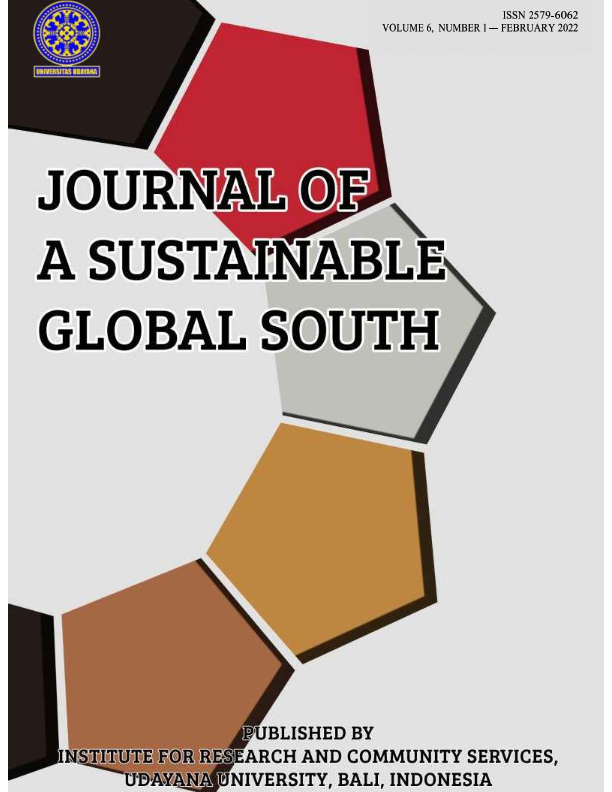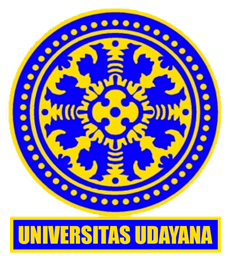The Effect of Whatsapp-Based Education on Knowledge and Attitude of Tourism Services on The Management of Toxic Animal Bites
-
Abstract
Tourism is a form of travel organized from one place to another, within a certain period of time. One of the favorite tourism destinations in Indonesia is Bali. One of the favorite tourist destinations in Bali is the beach area which offers a variety of beautiful marine tourism. Behind this variety of beauty, there are health threats that are dangerous for tourists, both domestic and foreign, such as the threat of animal bites around the beach area. This research was conducted at Mertasari Beach and Matahari Terbit Beach. The sampling technique used is probability sampling with simple random sampling technique. Respondents were 38 tourism service providers, who were divided into experimental group and control group. The experimental group was given an intervention in the form of education using whatsapp. Collecting data using the respondent's demographic questionnaire, knowledge questionnaire, and attitude questionnaire. Data were analyzed using paired T-Test and unpaired T-Test. The results of the statistical test showed that there was a difference in the mean score of knowledge between the experimental group and the control group of 2,053 (p value = 0,000). For the attitude variable, the results of statistical tests showed that there was a difference in the mean attitude score between the experimental group and the control group of 9,053 (p value = 0.000).
Keywords: tourism, poisonous animal bites, knowledge, attitude, whatsapp
Downloads

This work is licensed under a Creative Commons Attribution 4.0 International License.










(1).png)


